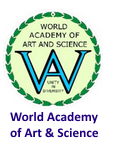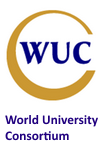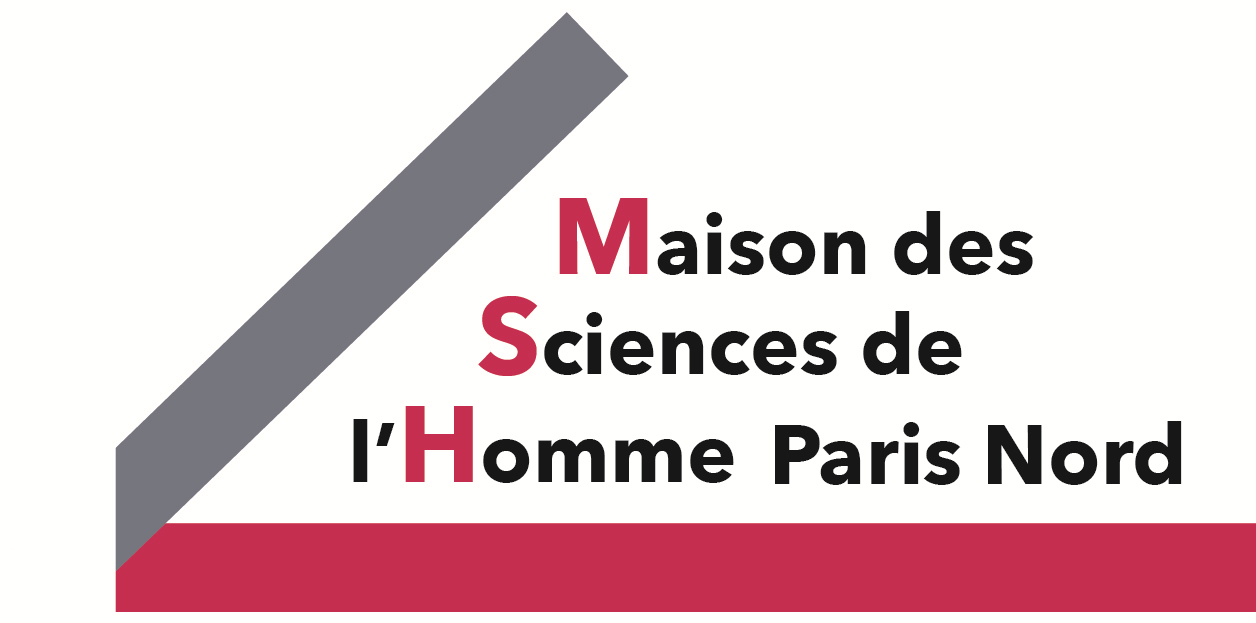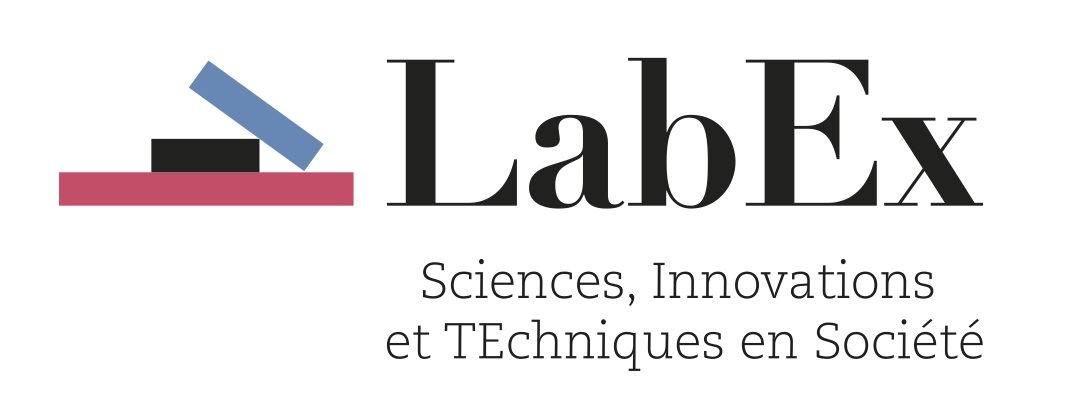 |
 |
 |
 |
 |
 |
XV International Colloquium
Paris – May 2-4, 2018
The Role and Impact of International Institutions
on Economic Theory and Policy
at Maison des Sciences de l'Homme in Paris Nord [*]
Objectives
International institutions have for decades influenced national policies and the developing processes of internationalization in trade, financial transactions and other areas, with varying impact depending on the region and issues involved. They play an important role in promoting structural change and socioeconomic dynamics in different stages of the development process. Their role in the coordination of climate actions policies was an important determinant leading to the COP21 in Paris and the calendar of conferences established to monitor the implementation of increasingly ambitious climate actions. Their influence has been less in some other fields, especially the regulation of financial globalization. At a time when some countries are trying to reduce the influence of international institutions, it is relevant to assess how these institutions function, formulate policies, arbitrate and reconcile the interests of nation-states with those of global civil society, and exert influence at the national and international level. The 2018 Colloquium will focus on the role international institutions have play in recent decades and can play in the near future in the reformulation of both economic theory and policy to promote the economic security, welfare and well-being of all nations and all people.
Organization Institutions
Université PARIS 13, Nord
CEPN ( Centre d’économie de Paris Nord) Université Paris XIII is a pluralist research centre in economy and management associated to the CNRS (UMR 7234) . It is composed of some 60 researchers, professors and associate professors, and 80 PhD students, The CEPN is located in Villetaneuse in the northern suburb of Paris. The CEPN draws from a large array of theoretical approaches: post-Keynesian, regulationist, Marxist, conventionalist approaches, critical and historical approaches to management. The CEPN is hosting the coordination of the Erasmus Mundus EPOG program (http://www.cepn-paris13.fr/epog/) which will contribute to the organization of the conference. The CEPN is also an active member of the Maison des Sciences de l’Homme de Paris Nord MSH-PN (www.mshparisnord.fr) which is located at the northern border of Paris on the fringe of what will become in 2019 , one of the largest campus of social sciences in Europa , the Campus Condorcet (https://campus-condorcet.fr)
For more information on University ParisXIII and CEPN, please look at: https://cepn-paris13.fr
University of Brasilia
The University of Brasilia (UnB) was created on April 21,1962 following the ideas of its founders, educator Anísio Teixeira and anthropologist Darcy Ribeiro. The latter became its first president (Rector). The architect Oscar Niemeyer designed its main building, the Central Institute of Sciences (ICC), also known as the "Minhocão". The undergraduate course in Economics was started in 1963, the MSc degree in 1973 and the PhD program in 1997. Over the years the Department of Economics has been committed to teaching and research at the frontier of the discipline. One main characteristic has been its plural vision in its approach to economic theory, and its respect for the different branches that the evolutions of economic ideas have taken. The Department of Economics at UnB has always been classified among the top Institutions in the country by the federal Ministry of Education, and has a national reputation for excellence in teaching and research.
For more information on UnB, please look at: http://www.economia.unb.br
World Academy of Art & Science
The World Academy of Art and Science (WAAS) is composed of individual Fellows from diverse cultures, nationalities, and intellectual disciplines, chosen for eminence in art, the natural and social sciences, and the humanities. Established in 1960 by distinguished individuals concerned by the impact of the explosive growth of knowledge, its activities seek to address global issues related to the social consequences and policy implications of knowledge. The Academy serves as a forum for reflective scientists, artists, and scholars to discuss the vital problems of humankind independent of political boundaries. It is a forum where these problems can be discussed objectively, scientifically, globally, and free from vested interests or regional attachments. The WAAS was founded on faith in the power of original and creative ideas to change the world. Its motto is "Leadership in thought that leads to action." The aim of the Academy's founders was to function as "an informal WORLD UNIVERSITY at the highest scientific and ethical level, in which deep human understanding and the fullest sense of responsibility will meet."
WAAS is the convener of the New Economic Theory Working Group which is a network of some 20 organizations and 50 plus individuals collaborating to evolve human-centered, transdisciplinary economic theory. For more information see the group website www.neweconomictheory.org and the new economics section of Cadmus Journal.
For more information on WAAS, please see: www.worldacademy.org
World University Consortium
The World University Consortium (WUC) is a non- profit, nongovernmental, international, interdisciplinary, inter-sectoral organization founded in 2013 to promote the development of accessible, affordable, quality higher education for the whole world. WUC is dedicated to a human-centered approach to development that emphasizes the centrality of human capital, human rights, and human welfare. The consortium is open to all types of stakeholders willing to participate in a working alliance to develop effective solutions to the complex global challenges affecting different communities and nations.
For more information on WUC, please look at: http://wunicon.org/
Organizating Committee
- Pascal Petit (France), Emeritus Director of research, CEPN University of Paris 13 – Committee Chair
- Joanilio Rodolpho Teixeira (Brazil), Emeritus Professor, University of Brasilia,Vice-Chair
- Garry Jacobs (USA/India) Chief Executive Officer, World Academy of Art and Science and World University Consortium
- Barry Gills (UK/Finland), Professor, Department of Political and Economic Studies, University of Helsinki; Former Professor of Global Politics, Newcastle University
- Winston Nagan (USA), University of Florida at Gainesville, Florida
- Heitor Gurgulino de Souza (Brazil), President of the World Academy of Art and Science and World University Consortium
- Maria Rosa Borges (Portugal), Vice-President of ISEG, University of Lisbon
- António Mendonça, (Portugal), President of the School Council of ISEG and President of CESA - Centre for African, Asian and Latin America Studies
- Saulo José Casali Bahia (Brazil), Professor, Federal University of Bahia
- Zbigniew Bochniarz (USA/Poland), Professor, Kozminski University (Warsaw), University of Washington and Harvard Business School
- Neantro Saavedra-Rivano (Japan/Brazil), Graduate School of Humanity and Social Sciences, University of Tsukuba
- Mark Swilling (South Africa), Centre for Complex Systems in Transition, School of Public Leadership, Stellenbosch University (President)
- Corinne Verger Chaptal (France), Professor, University of Paris XIII, CEPN, Vice-president of EURAM (European Academy of Management)
- David Flacher (France) Professor University of Compiégne CEPN, Coordinator of the ERASMUS MUNDUS EPOG Programme
[*] The conference took place at the MSH-PN.